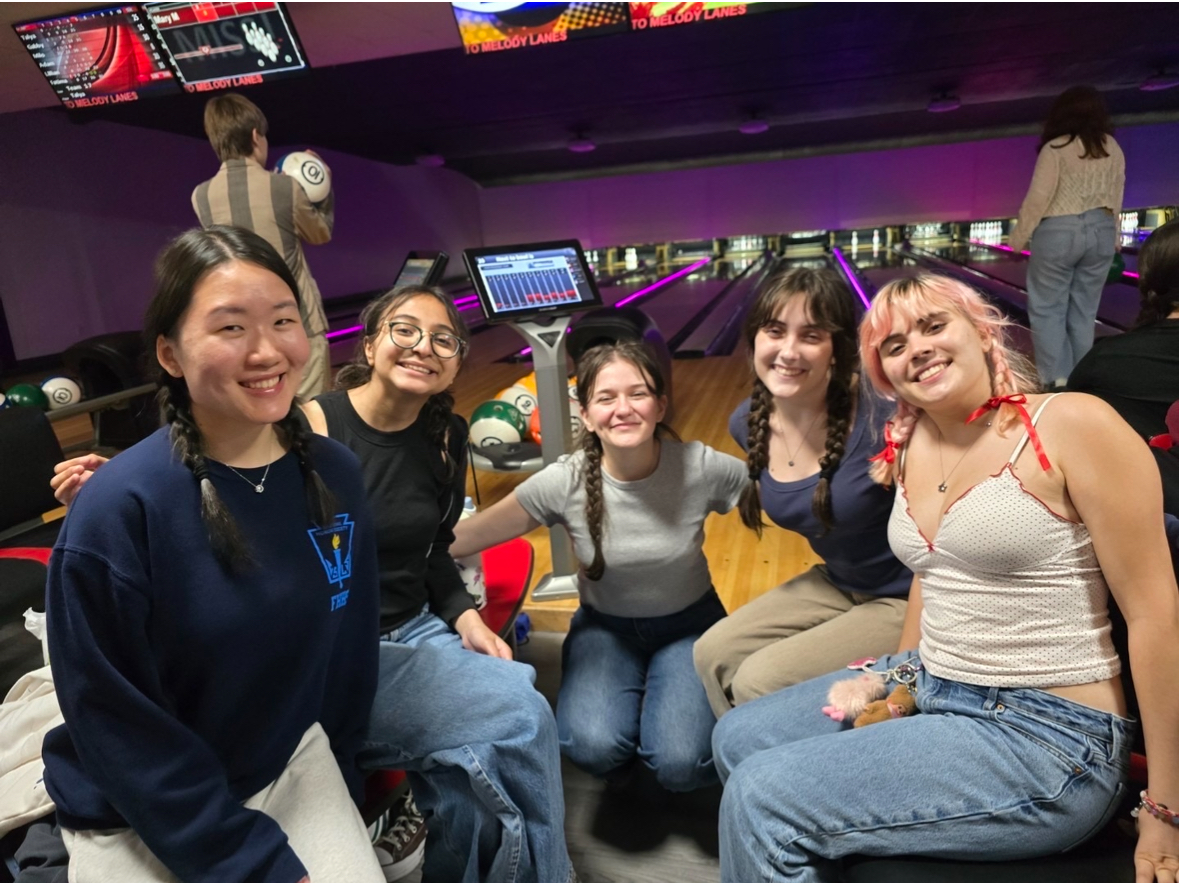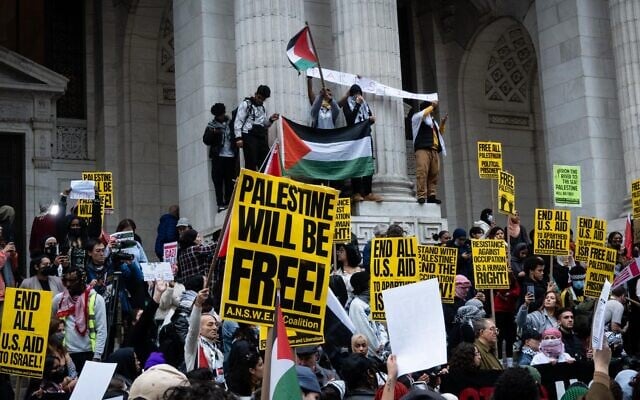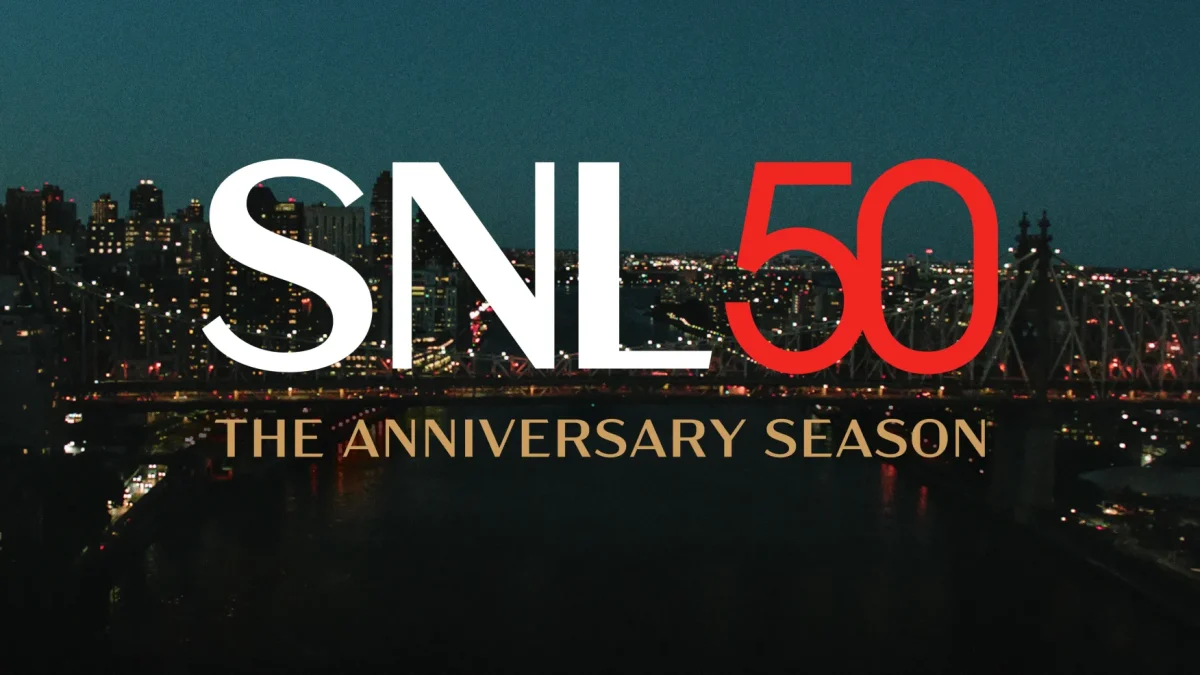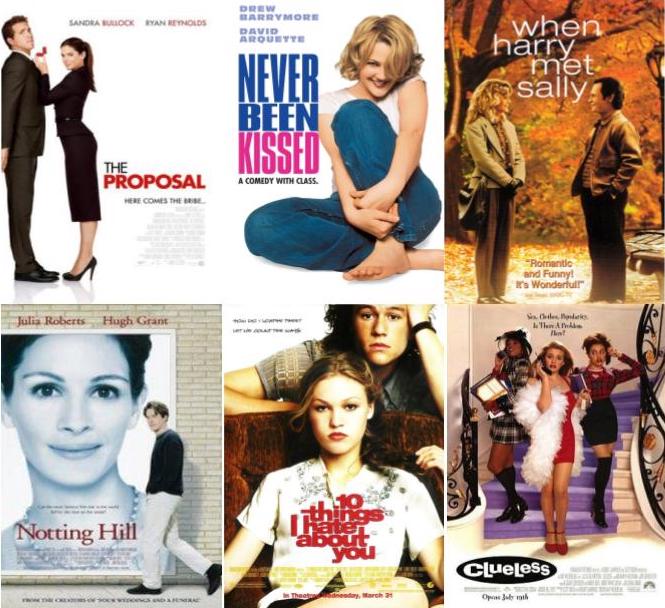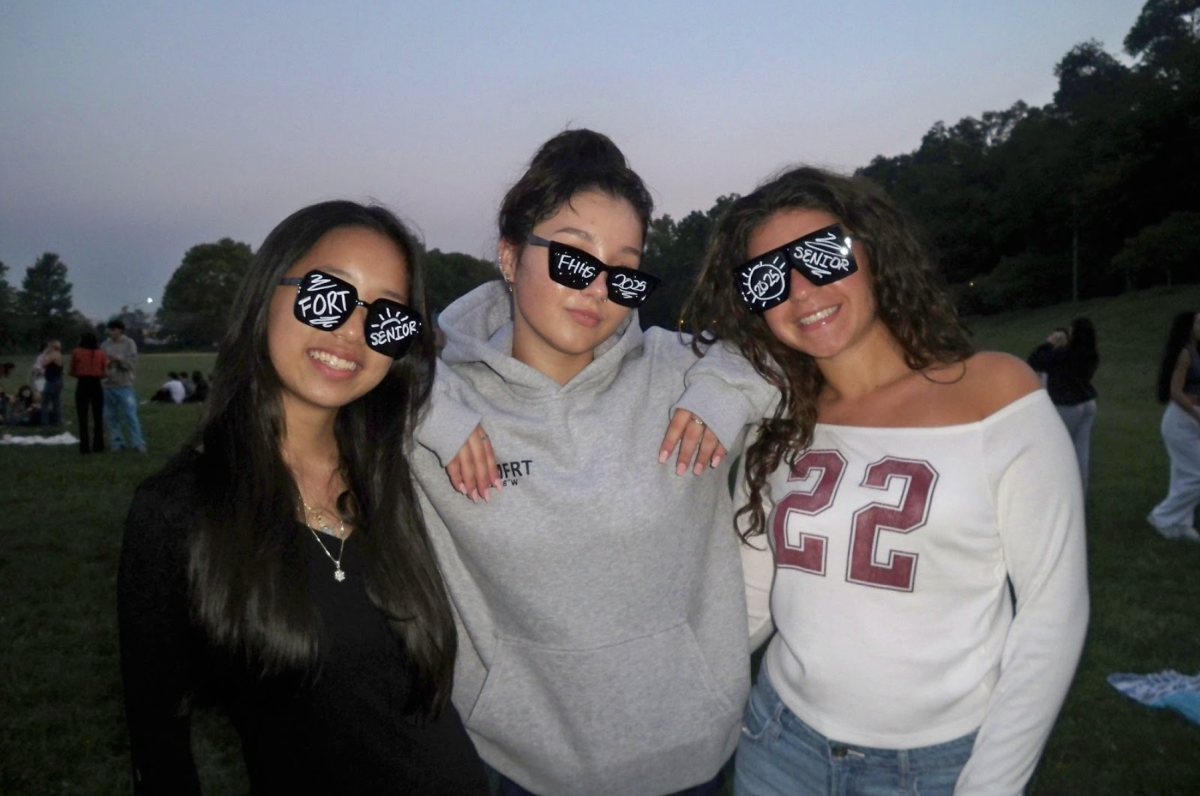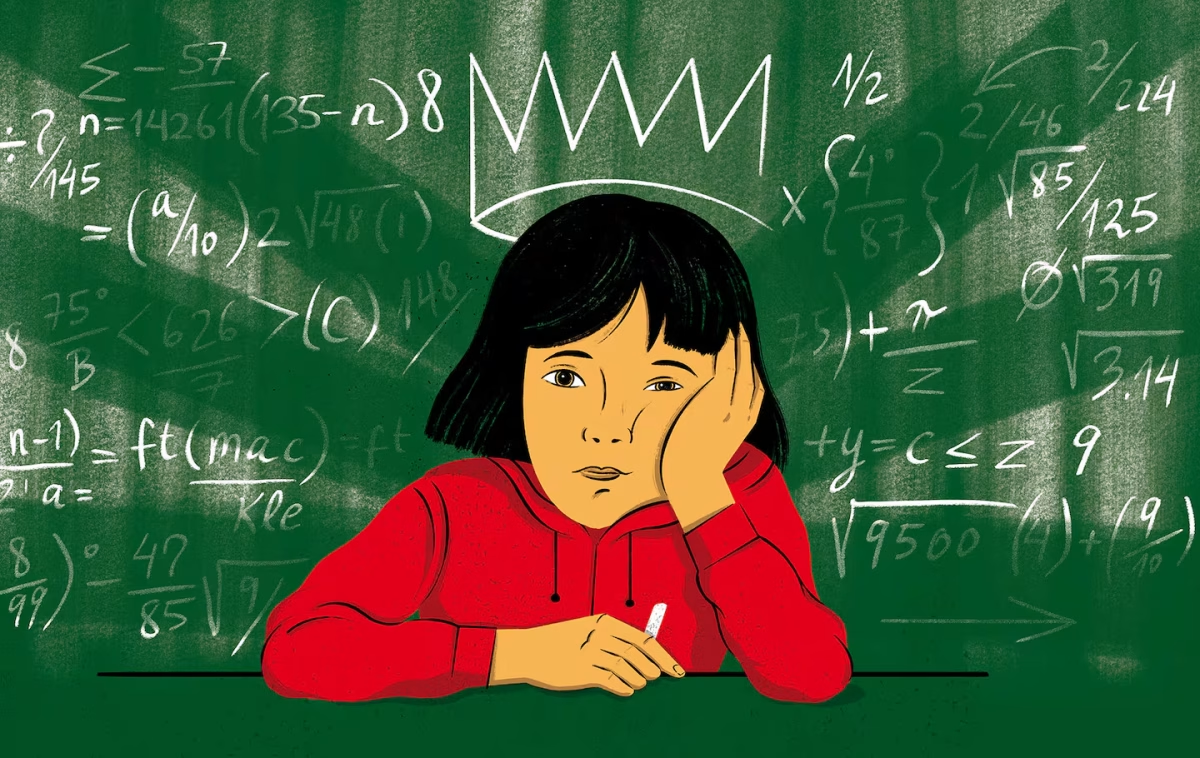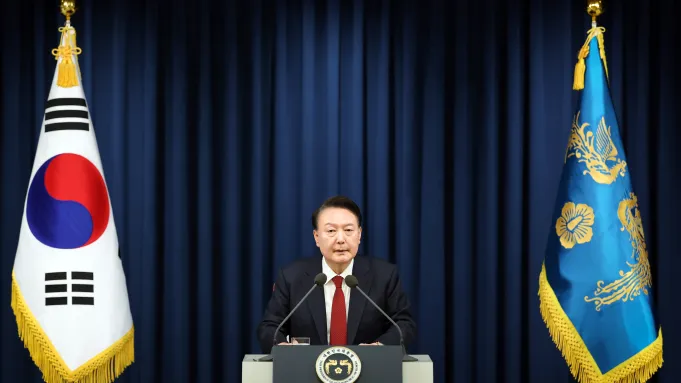On May 18, 1980, student protestors at Chonnam National University in Gwangju, South Korea, protested dictator Chun Doohwan’s declaration of martial law. By the end of the following week, at least a thousand people – both protesters and residents of Gwangju, even ones who had been uninvolved in the initial protests – were brutally killed by Korean armed forces. For years after the fact, there had been a culture of silence relating to the Gwangju massacre. While underground student publications had made efforts to gather eyewitness testimony from the uprising, many had been banned by the military regime. Regardless of those suppression efforts, however, the Gwangju Uprising contributed greatly to South Korea achieving democracy in 1988. This was the last time martial law was declared in South Korea prior to 2024.
Forty-one years after the Gwangju Massacre and Uprising, Korean-American advocacy group Nodutdol released a statement honoring the martyrs killed by the totalitarian state. Considering the current state of Korea, they wrote, “The Gwangju Uprising has become a potent symbol of South Korea’s current liberal democracy—but does this ‘democracy’ live up to what the people of Gwangju created, and sacrificed? Can a liberal republic that accommodates US occupation prevent another Gwangju?”
This statement was made in 2021, one year before the next Korean presidential election, wherein Yoon Suk-Yeol, reactionary and war-monger, was elected as president, a leader The Pilot had referred to that very year as “completely disconnected from the people and others in his government.”
Forty-four years after the Gwangju Massacre and Uprising and for the first time in forty-four years, in a televised address given at 10:26 PM KST, a time in which many Koreans were either at peace in their homes, out with friends, or asleep, Yoon declared martial law, giving himself and the military complete control of the state, falsely citing communist and North Korean infiltration in the nation.
Instantly, many of those very Koreans that had previously simply been enjoying their Tuesday took to the streets: one of them, Verge journalist Sarah Jeong, writes that, as she was approaching the Korean National Assembly building, which had been cordoned off and blocked by Yoon in order to prevent assembly members and parliament staff from entering,
“The sudden vibe shift starts with a middle-aged auntie sitting on a platform bench waiting for the other train who shouts ‘Fighting!’ at the crowd that packs the escalator and the stairs,” she said. “The crowd is chanting ‘Impeach Yoon Suk Yeol’ Blue and red lights flash everywhere.”
This intense response is corroborated by other reports from the night of martial law being declared, especially in the response taken by politicians. Many politicians, including Lee Jae-myung, instantly rushed to enter the National Assembly building, climbing the walls of the building in order to bypass special forces soldiers. Others joined the public in rallying against martial law and against Yoon’s attempts to undermine democracy in Korea: Ahn Gwiryeong, spokeswoman for the Democratic Party of Korea, the leading opposition party, notably grappled with and attempted to take the gun from one of the troops, yelling, “Aren’t you ashamed of yourself?”
In spite of all of Yoon’s best efforts, 190 of South Korea’s 300 assembly members were able to enter the National Assembly building, and all 190 voted against the declaration of martial law in a resolution. Yoon was, soon after, quickly forced to lift martial law. This was at 4:30 AM KST, only six hours after martial law had been declared in the first place.
The negative response within South Korea, however, has lasted far longer. Impeachment efforts were almost instantaneously made by the opposition party, although they ended up failing due to lacking necessary votes. This, however, doesn’t mean that Yoon has gotten off scot-free. Protests continue to engulf many major South Korean cities including Seoul, and Korean authorities are currently going after Yoon and his allies. The metaphorical casualties thus far have been countless: on Sunday, December 8th, South Korea’s Defense Minister was forced to step down as a result of his involvement in martial law being declared and, on December 11th, Yoon’s office was raided by Korean police.
The fact that martial law lasted for a measly six hours has been a point of some mockery in the media. A day after the declaration, The New York Times’ primary editorial piece dealing with martial law stated: “Well, that was dangerous — and absurd.” In spite of how easy it would be to simply dismiss this attempt from Yoon as a poorly thought-out effort for a power grab, it would not be wise to do so. The only reason that martial law lasted for six hours and not longer, not for as long as it did during the Gwangju massacre, was because of the response from the Korean people. Because of the intense protests, because of the organizing, because of the rallying from the Korean people and from politicians in Korea who have not forgotten the people that they serve, as Yoon has, Korea was saved from another dictatorship. This isn’t pure hyperbole, either. Yoon Suk-yeol has, time and time again, through his intensification of military training on the DMZ and military provocations against North Korea, through his decimation of Korea’s gender ministry and efforts to completely undo any progress against misogyny in the nation, and through his repeated corruption, shown himself to be a wannabe dictator. This act merely solidified that.
While, in their statement three years ago, Nodutdol did not intend for their question as to whether or not another Gwangju could be prevented with U.S. imperialism and occupation remaining a constant to become a genuine reality, it still remains relevant today, and its answer is still as complicated: yes and no.
Yes, in that what the people of Gwangju created and what they sacrificed their lives for, an activist movement within Korea for protecting democracy as well as the protection of democracy in the nation, has been revived and ensured. Yoon lost. The Korean people won.
No, in that there still exists a chance that Yoon could have won – had there not been immediate action from the people, had the opposition party not been as firm against Yoon as they were, had many of the members of Yoon’s own party not acted against Yoon, with the party’s governing leader even calling for a suspension of his powers, martial law would’ve lasted far longer than six hours. In a South Korea that was more aligned with Yoon, the response to Nodutdol’s question would’ve been a resounding no.
This is yet another reminder of the need for change within South Korea and the need for a shift from the current reactionary politics within it. Another Gwangju was avoided this time, but can we ensure that that’ll be true the next time?

